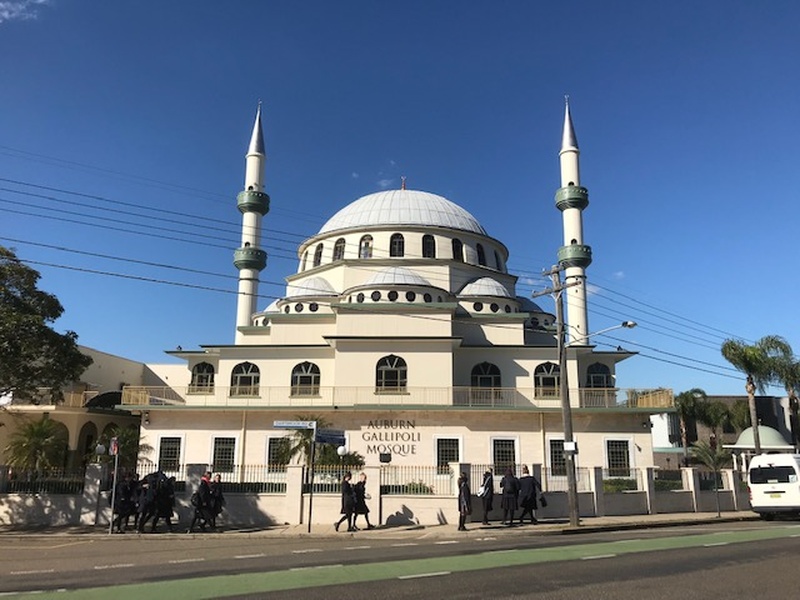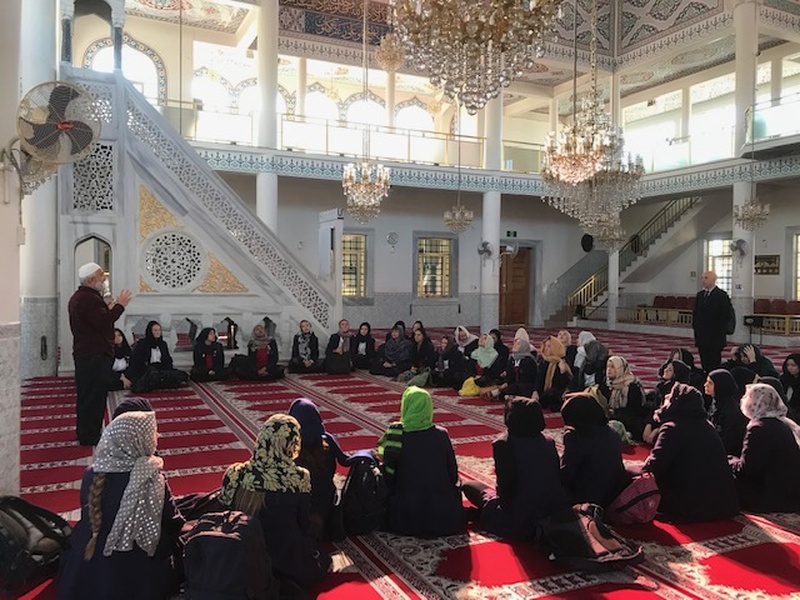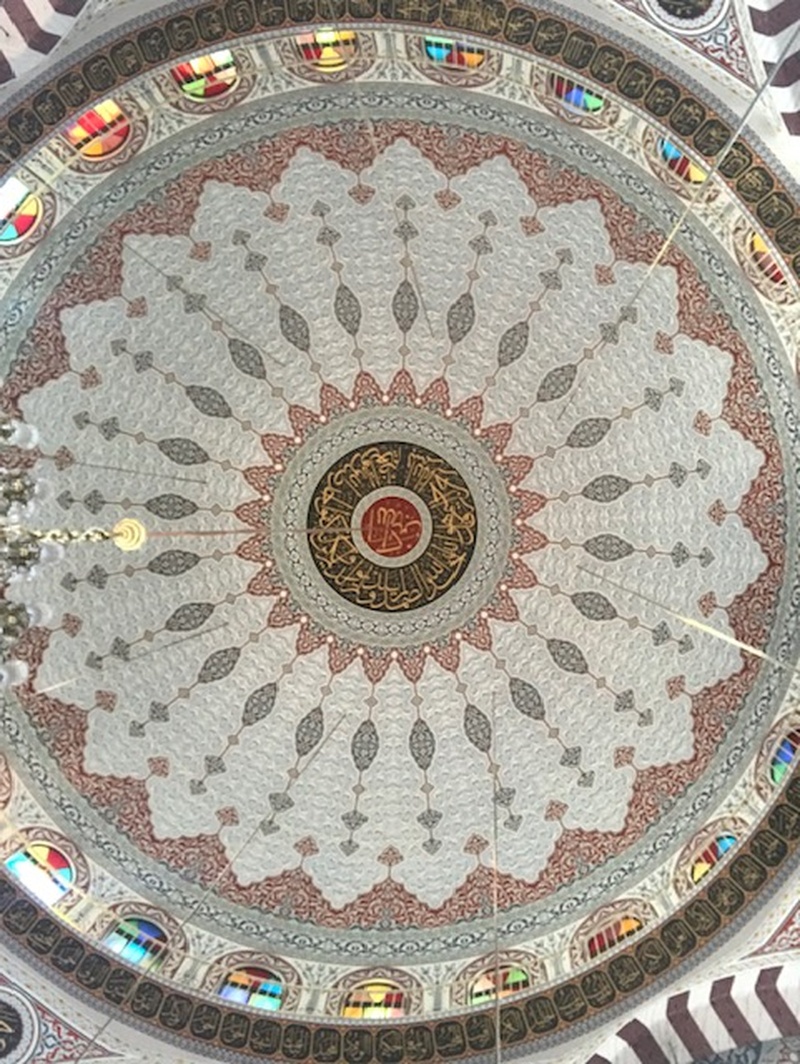Religious Diversity: A Catholic Perspective
Last week Year 11 students visited the Auburn Gallipoli Mosque as part of their study of Islam. Our senior students undertake Studies of Religion, a course that we believe to be of immense value to the students given the nature of the society in which they live. Part of the rationale of the Studies of Religion course states, “This syllabus enables students who live in a multifaith and multicultural society to progress from a broad understanding of religious traditions to specific studies within these traditions”. The religious traditions explored in depth include Judaism, Christianity and Islam. Students also examine Aboriginal belief systems and spiritualities in Australia. The excursions we offer to the students as part of the Studies of Religion course provide opportunities to learn about religious traditions from the perspective of adherents, something we view as vital for student understanding. Our College also embraces diversity and considers itself an inclusive community, one that strives to develop independent, resilient and life long learners. One of our students, Imogen M, has outlined her positive experience on the excursion below:

Auburn Gallipoli Mosque
This visit proved highly relevant to the new topic of Islam that we are starting this term in SOR. Our group first visited ISRA, which we were warmly welcomed into. This information session was highly engaging, not only providing us with the opportunity to learn about the culture and practices embedded within the Islamic faith, but also to participate in an open-forum Q&A. It was particularly interesting to note the many similarities that exist between Islam and other monotheistic religions, such as Christianity. From here, we travelled to the mosque and were so lucky to arrive while midday prayer was concluding, being allowed to observe this ritual from inside the mosque. Being able to see the Islamic faith being practised was certainly a highlight of the trip, as this truly allowed us to feel immersed in and appreciate our surroundings. At the conclusion of midday prayer, the structural, cultural and spiritual significance of the mosque was explained by a member of the mosque, after which we were allowed to explore the sacred space. Apart from being a beautiful design, it was evident that the mosque held great spiritual importance to those who attended its services. This excursion was a rare opportunity that we would otherwise not be likely to encounter in our everyday lives. It is so important to recognise and respect the spirituality and beliefs of all peoples, and by allowing yourself to personally experience the life and culture of another, it becomes evident that there is more similarity amongst our communities than there is difference. It is through excursions such as these that we gain a deeper understanding and appreciation for our fellow neighbour. It was a really great day and we took so much away from the experiences we had- both at ISRA and the mosque.
Imogen M - Year 11 Student
God willing religious diversity and the importance of interreligious dialogue has been acknowledged by Pope Francis earlier this year when he signed the document, entitled “A Document on Human Fraternity for World Peace and Living Together”, with Ahmed el-Tayeb, Grand Imam of al-Azhar, during an interreligious meeting in Abu Dhabi. The document invites “all persons who have faith in God and faith in human fraternity to unite and work together so that it may serve as a guide for future generations to advance a culture of mutual respect in the awareness of the great divine grace that makes all human beings brothers and sisters.” Francis, as the first pope to visit the Arabian Peninsula, has acknowledged that while each of the Abrahamic faiths have clear differences, it is important to consider what they share in common, in terms of their belief in God and what they are called to do to promote peace in the world. He stated in his keynote address on February 4 at the interreligious meeting involving the signing of the previously mentioned document, “There is no alternative: We either build the future together or there will not be a future”.

